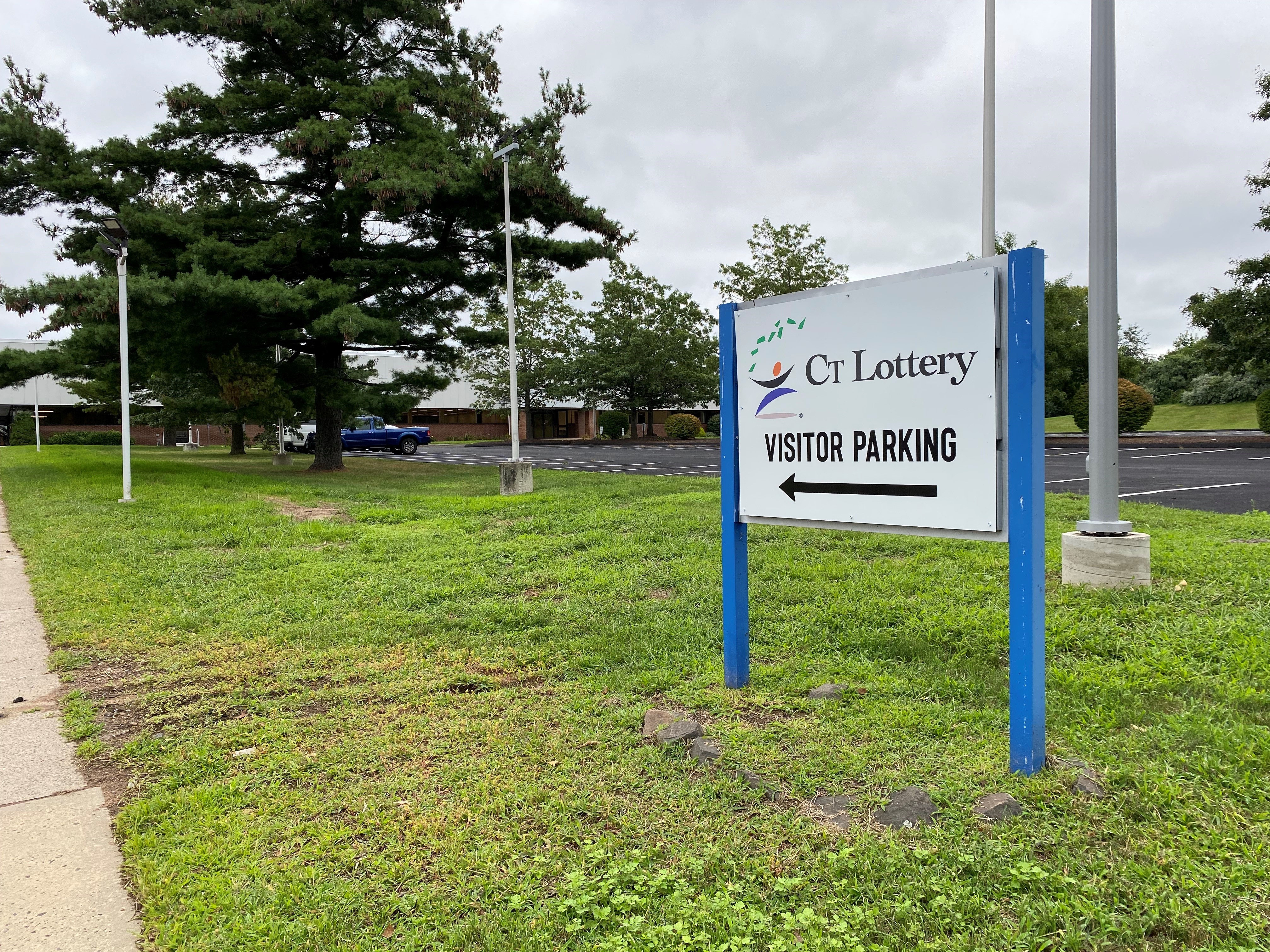Voter turnout during Connecticut’s presidential preference primary was low into the afternoon Tuesday, but officials said they’re not surprised.
Turnout is typically low during primaries, and both the Democratic and Republican nominations were already clinched weeks ago.
Secretary of the State Stephanie Thomas said her bigger concern was the opportunity to test early voting, which drew 17,000 voters across four days last week.
That’s out of more than 1.2 million eligible Democratic and Republican voters, but Thomas said it was enough to see how early voting worked.
Get top local stories in Connecticut delivered to you every morning. >Sign up for NBC Connecticut's News Headlines newsletter.
“Pretty low turnout in general, but I thought it was a resounding success,” she said during a press conference at the capitol on Tuesday.
Middletown Democratic Registrar of Voters Patricia Alston agreed. She said the low turnout allowed election officials and voters to see the process in action without much stress.
“It was good in a sense that it was slower, so we can kind of get used to it,” Alston said.
Local
As for Tuesday’s vote, Thomas said towns she talked with were reporting turnouts in the range of 2% to 4% as of midday.
Towns don’t have to report Tuesday’s primary turnouts until they submit final results after polls close at 8 p.m.
Still, some voters felt the need to come to the polls.
“Democracy's always been important to me, my freedom of speech,” Thomas Chislom said after voting in Hartford.
Some voters said they wanted to send a message to their party. President Joe Biden locked up the Democratic primary nomination last month, as did former President Donald Trump in the Republican race.
Alberto Torres, of Hartford, said he’s been a Biden supporter, but wants to see the president take a stronger stance to end the war in Israel.
“I don’t like what’s going on in Gaza -- women, children, babies and the United States is just standing by,” Torres, who voted uncommitted, said.
Once the election is over, Thomas will focus on improvements to help make early voting better.
She said she plans to recommend minor changes to the legislature but didn’t hear reports of any major promises.
She also plans to ask for $5 million to help towns implement early voting. Democratic leaders in the legislature, though, have said they may not include that money in any budget changes.
Rep. Vincent Candelora, (R--House Minority Leader) said one way to help cities and towns save money is by shortening the early voting window, which will be 14 days for the November election.
“I think it should be truncated,” he said. “I think having two weeks of early voting is just too much."



